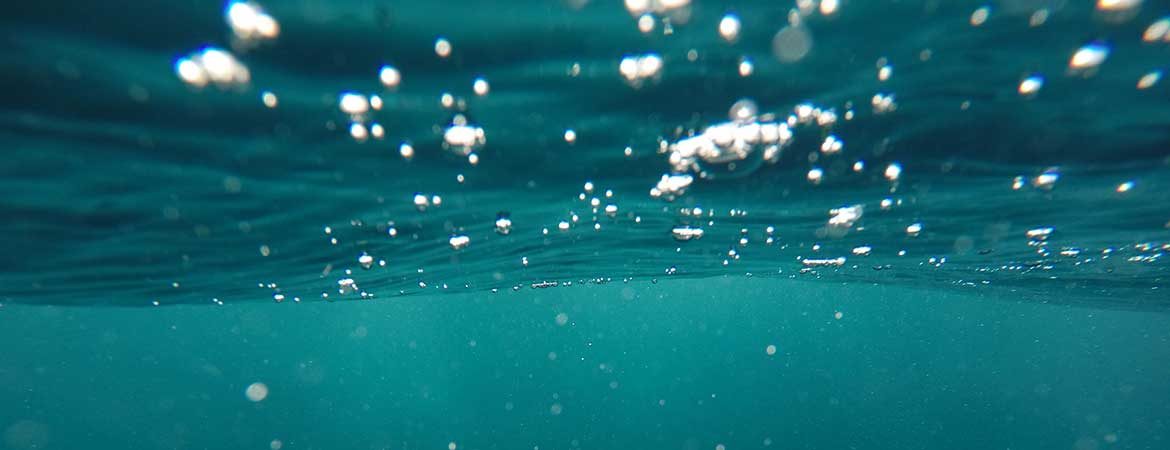20 February 2018, 2.30–3.30 pm (AEDT)
Overview
The global oceans have absorbed 93% of the heat gained by Earth due to greenhouse gas forcing. Ocean warming has long-term consequences on our climate system: it contributes to sea-level rise, it slows the rate of surface warming and is a key element of the natural variations like El Niño and the observed ‘hiatus’ in surface temperatures from 1998 to 2010.
The warming of the ocean is not uniform, with more rapid warming occurring in southern hemisphere mid-latitudes. During the last decade (2005–2015) almost all of the global ocean heat primarily accumulated into southern Indian and Pacific Ocean. When natural variations like El Niño and other climate modes are taken into account, the strong store of heat in the Indian and Pacific Ocean is enhanced, with the total global heat uptake by the oceans occurring entirely in the southern hemisphere and the northern hemisphere contributing a negligible amount. In fact, the North Pacific and North Atlantic oceans have both cooled.
The strong asymmetry in the earth energy budget between the two hemispheres is un-expected on this time scale and the presence of such an asymmetry is being explored climate change models. In spite of the cooling in the northern hemisphere, the total heat uptake of earth over this decade is 8.73*1021 J/yr, just fractionally larger than the longer-term trends.
In this presentation, Saurabh Rathore will discuss how Hub research aims to better understand the observed changes in ocean warming in the last decade. He will focus on his work on heat uptake in the Indian Ocean, which is a prominent basin for global ocean heat storage for upper 700 m.
Watch the webinar
About the presenter
Saurabh Rathore is a PhD student at the Institute of Marine and Antarctic Studies. His research is examining the impact of heat uptake in the Indian Ocean on circulation, watermass distribution and air-sea interaction. Saurabh’s special interest area is fluid dynamics and thermodynamics that control natural phenomena. He has a bachelor degree in aerospace engineering and a masters degree in Earth system science and technology. Saurabh’s research is funded by and contributes to ESCC Hub Project 2.4: Oceans in a changing climate.

